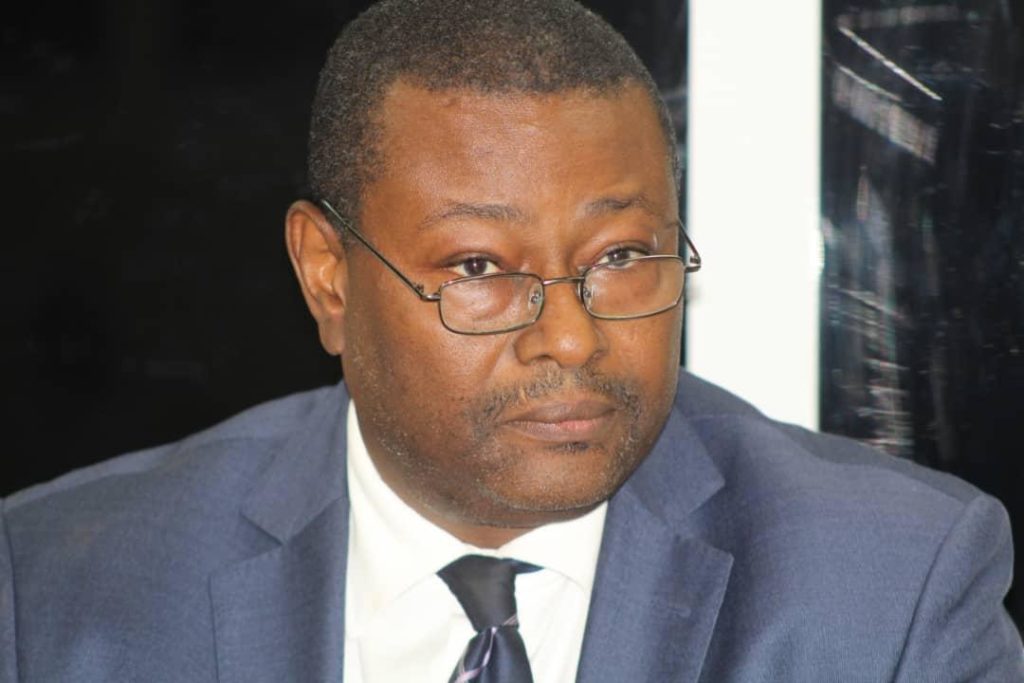Attempts By Some National Assembly Members To Repeal The Laws Which Criminalize Female Genital Mutilation/ Cutting (FGM/C) In The Gambia

The National Human Rights Commission (NHRC) is gravely perturbed and concerned regarding attempts by some members of the National Assembly advocating for the repeal of the Women’s Amendment Act 2015. This Act prohibits and punishes the practice of Female Genital Mutilation/Cutting (FGM/C) in the country.
The legal prohibition of FM/C came after a long struggle, community awareness, social mobilization, and advocacy by women’s rights defenders and organizations in the country premised on rigorousscientific and social research and international human rightsstandards. It si also in fulfillment of The Gambia’s obligations as a State Party under several international and regional human rights instruments such as the Protocol to the African Charter on Human and People’s Rights on the Rights ofWomen in Africa (Maputo Protocol), the African Charter on the Rights and Welfare of the Child, UN Convention on the Rights of the Child (UNCRC), and the UN Convention for the Elimination of al forms of Discrimination against Women (CEDAW). These instruments obligate The Gambia to create the enabling policy and legal frameworks and the environment for the promotion, protection, and fulfillment of the rights of women and children.
The World Health Organization, UNICEF, and ohter reputable international, regional, and national organizations and institutions have researched and documented the severe effects of FGM/C on the wel-being, health and lives of women and girls. It is indisputable fact that FGM/C si a grave violation of the fundamental rights of women and girls, including their physical integrity and rights to life, health, and protection against torture or other cruel and inhumane treatment.
The Commission recognizes that everyone has the right to practise their culture or religion. However, this right does not absolve the State of its obligation to protect core individual human rights, health, and safety, ensure the ful spectrum of therights of women and girls, or avoid accountability under international law. Moreover, the victims of FM/C are mostly children who yb alw cannot give consent ot undergo the practice as being alluded ot by the advocates of the practice. F M / C can neither be normalized nor used as a justification to invoke cultural or religious customs to the detriment of the well-being of girls and women
It is the position of the Commission that FM/C is a violation of the fundamental rights of women and girls and should also be treated as part of the deep-seated and pervasive discrimination
against them.
The National Assembly is the ultimate human rights defender and the bulwark for the most vulnerable members of our society, the children. It has has the duty to create and support an enabling environment for the protection of human rights, strengthen existing human rights accountability frameworks, and contribute to solidifying the gains made in the realization of the human rights of women and girls.
As a state organ established to promote and protect human rights in the country and considering its advisory role, we urge the National Assembly to remain the primary protector of human rights. Any attempt to repeal the anti-FGM laws would not only put the lives of children at risk but also amount to a derogation of The Gambia’s obligations under national and international human rights laws and its commitments to protect the rights of its children and women. Our recent gains in the promotion and protection of human rights should be greatly safeguarded by the National Assembly.
Signed by
Jaraba Johm, Vice Chairperson

